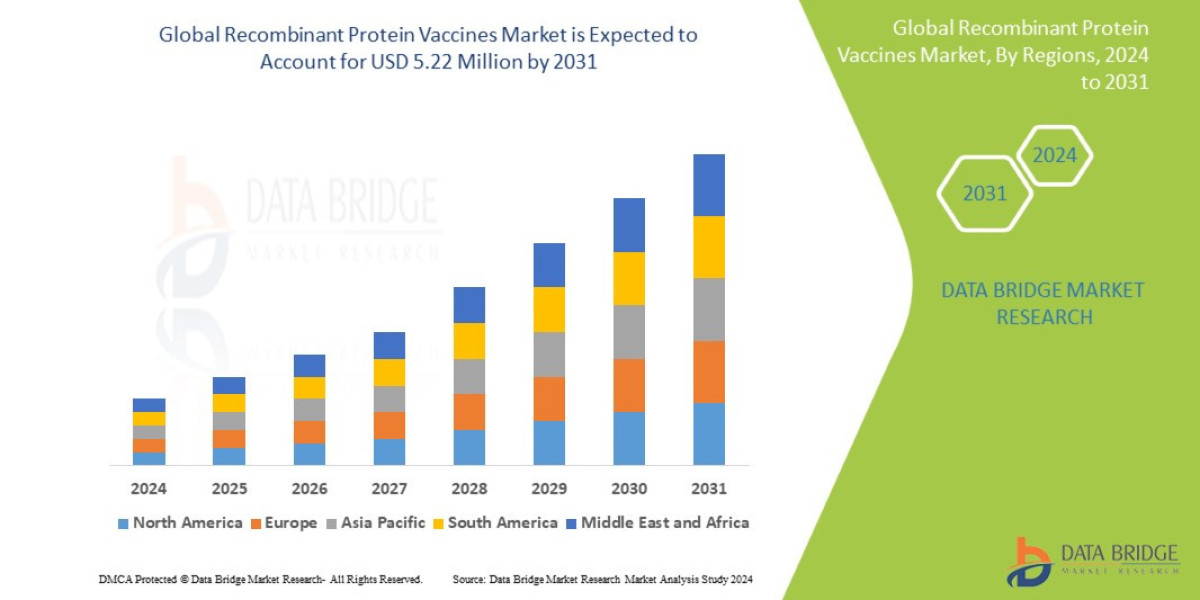Originally published by Quantzig: Data Management Trends in The Financial Services Sector
The Importance of Master Data Management (MDM)
Introduction
Master Data Management (MDM) is crucial for financial services, playing a pivotal role in driving key trends such as digital transformation, cloud adoption, AI and ML integration, open banking, and cybersecurity. These trends are essential for maintaining competitiveness and ensuring industry compliance.
The Evolving Data Landscape
The data landscape in financial services is rapidly changing due to technological advancements, regulatory pressures, and market competition. To stay competitive, meet regulatory requirements, and fend off innovations from fintech companies, financial institutions need to upgrade their data infrastructure and tools.
Offensive and Defensive Data Capabilities
Investing in both offensive and defensive data capabilities is critical. Offensive capabilities involve using data-driven insights for a competitive edge and delivering personalized customer experiences. Defensive capabilities focus on regulatory compliance, fraud prevention, and data security. Together, these investments promote growth, enhance customer satisfaction, and protect against emerging risks.
Quantzig’s Data Management Solutions
Quantzig provides a comprehensive suite of data management services, including data engineering, strategy consulting, business analytics, data visualization, and process automation.
Overview of Data Management Trends in Financial Services
The financial services sector is undergoing significant transformation driven by technology, regulatory changes, and shifting customer expectations. Transparency in customer and product master data is crucial for financial institutions to leverage industry trends effectively. MDM ensures this transparency, enabling organizations to use their existing data to drive revenue.
Key Trends Making MDM Essential
- Digital Transformation: With more customers using digital channels, effective data management ensures seamless integration across platforms.
- Cloud Adoption: While cloud computing offers scalability and flexibility, it also presents challenges in ensuring data security and compliance.
- Artificial Intelligence and Machine Learning: AI and ML require accurate and reliable data for training, making effective data management critical.
- Open Banking and APIs: Sharing data with third-party providers enhances customer experiences but requires robust data management for security and compliance.
- Cybersecurity: Effective data management is essential to protect against increasingly sophisticated cybersecurity threats.
- Regulatory Compliance: Meeting complex regulatory requirements necessitates robust data management to avoid fines and reputational damage.
- Customer Expectations: Delivering personalized services and seamless experiences relies on accurate and up-to-date customer data.
- Building a Business-as-a-Service: High-quality data presented in business-relevant ways is essential for transforming financial services organizations into digital service providers.
The Evolving Data Landscape
Technological advancements and heightened regulatory expectations have transformed the data supply chains of financial institutions. Data and technology leaders must modernize their tools and infrastructure to maintain optimal performance and competitiveness. Enhanced data literacy among regulators demands more granular, traceable, and frequently collected data.
The Critical Role of Master Data Management in Financial Services
MDM provides a unified, trusted view of critical business information, encompassing customer and product data. It ensures data governance, integration, security, analytics, quality, compliance, and sharing, helping financial institutions stay competitive, compliant, and customer-centric.
Why Invest in Offensive and Defensive Data Capabilities?
Investing in both offensive and defensive data capabilities is essential for driving innovation, enhancing customer experiences, and mitigating risks.
Offensive Data Capabilities:
- Competitive Advantage: Data-driven insights help identify market opportunities and develop innovative products.
- Personalized Customer Experiences: Analyzing customer data allows for tailored offerings and services.
- Operational Efficiency: Data-driven decision-making optimizes processes and improves efficiency.
Defensive Data Capabilities:
- Regulatory Compliance: Robust data management ensures adherence to regulatory requirements.
- Fraud Detection and Prevention: Advanced analytics identify and prevent fraudulent transactions.
- Data Security and Privacy: Strong security measures protect sensitive information from breaches.
How Quantzig’s Data Management Solutions Help Financial Institutions
Quantzig offers a range of services to streamline data infrastructure, enhance accessibility, and ensure data integrity:
- Data Engineering: Optimizes data flow and ensures data integrity.
- Data Strategy Consulting: Develops tailored analytics roadmaps and introduces business acceleration modules.
- Business Analytics Services: Identifies solutions to complex business problems and enhances performance.
- Data Visualization & Reporting: Provides actionable insights through intuitive visualizations.
- Business Process Automation: Streamlines processes, reducing manual intervention and unlocking cost savings.
Conclusion
Effective data management is critical for financial institutions to remain competitive, compliant, and focused on customer needs. MDM is essential for managing and governing data effectively. Investing in both offensive and defensive data capabilities provides a competitive advantage, reduces risk, enhances customer experiences, and improves operational efficiency.








